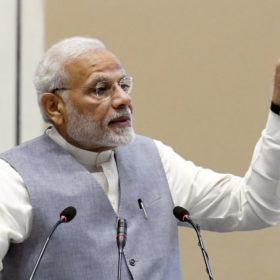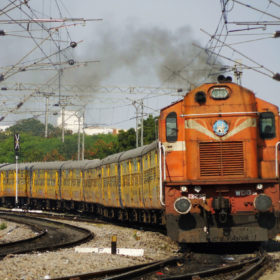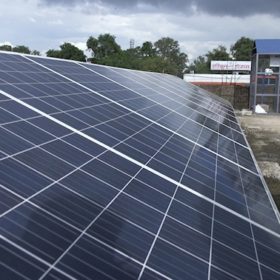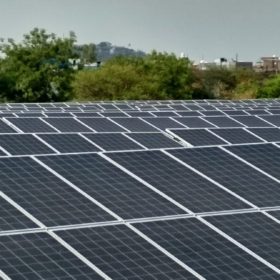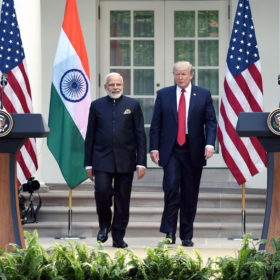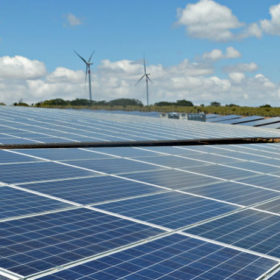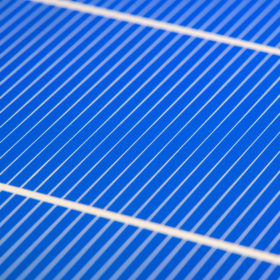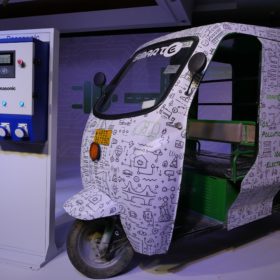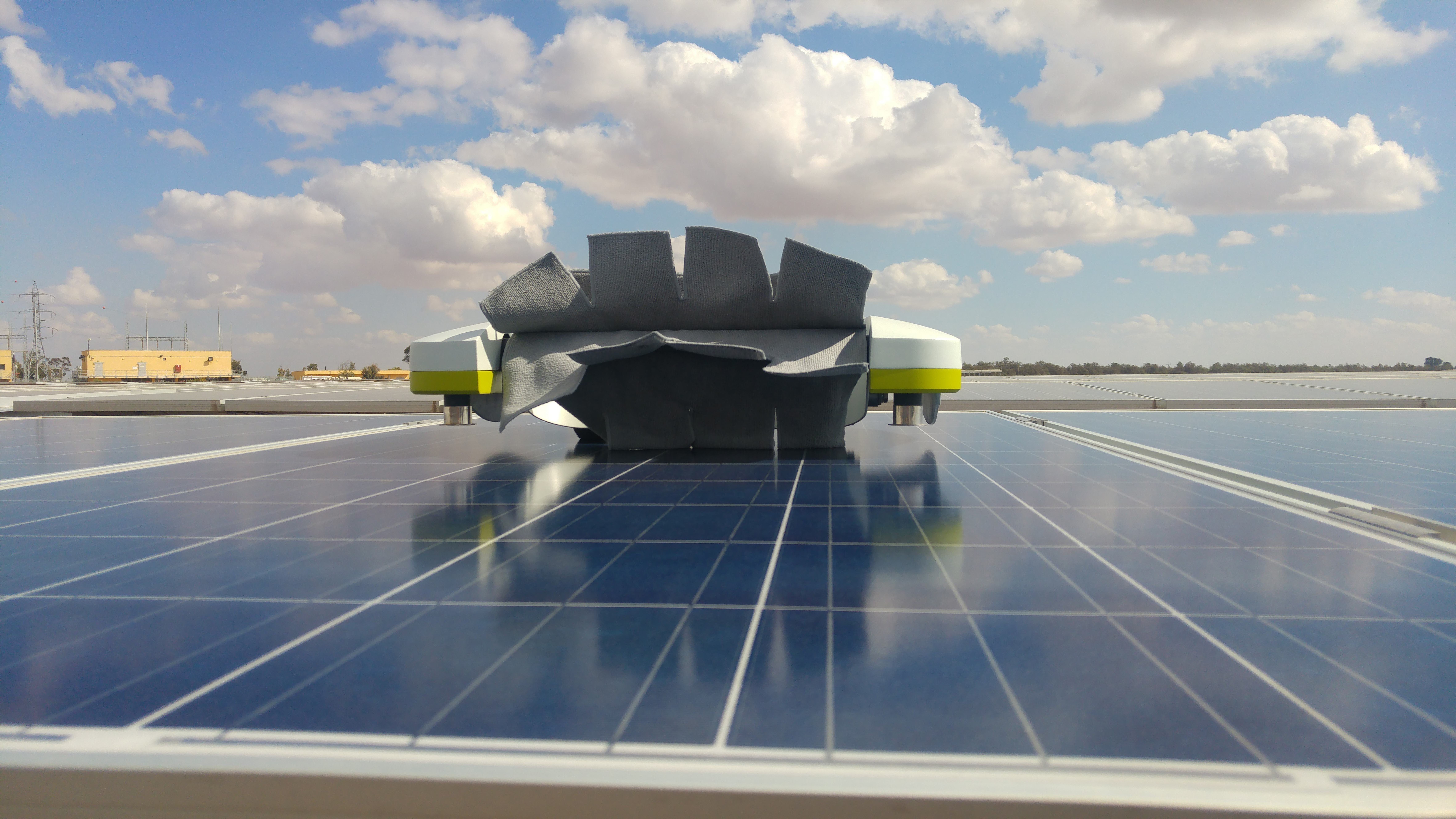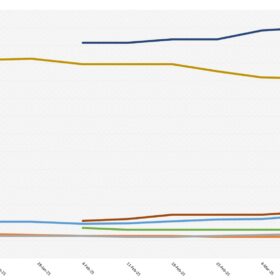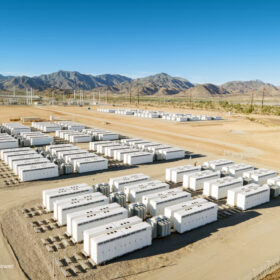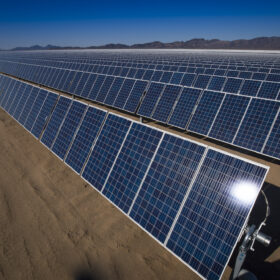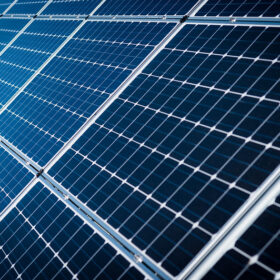India’s solar industry digests the election results
With Narendra Modi’s government stunning pollsters with another huge victory, the solar industry expects renewable power momentum to be maintained with steps including anti-dumping duty on solar module imports, a national policy for rooftop solar and an emphasis on easing private-sector participation in the power sector.
Indian railways gets $750 million ADB fund for track electrification
The fund will be used for a broad modernization program that will help Indian railways to transition from dependence on fossil fuels to renewable energy.
IGL floats solar PV system plus battery tender
CNG distributor Indraprastha Gas Limited (IGL) has invited bids for supply, installation, testing and commissioning of 1 KWp solar PV system (4x260W panels) along with Lithium-ion batteries and inverter for 12 hours backup. A total of 76 such system combinations are to be supplied. Bidding closes on May 30.
Oriano completes 13.75 MW projects for Cleantech Solar across multiple states
Currently, the Mumbai-based solar EPC firm is executing 134.5 MWp project capacity to be commissioned by September 2019. It expects to surpass cumulative installation of 350 MWp by the end of FY 2019-20.
US-China trade war may lead to dumping of Chinese steel into India
The contraction in Chinese trade flows to the U.S. is likely to result in the dumping in India of Far Eastern electronic and electrical components as well as steel, iron, chemicals and plastic products.
SECI tenders 2 MW solar project for army posts in Jammu & Kashmir
Solar Energy Corporation of India (SECI) has invited bids for development of 2 MW solar PV power projects—1 MW each for Siachen and Partapur army posts—in Leh region of Jammu & Kashmir. The projects are to be developed on ‘build, own operate’ basis.
1.2 GW hybrid tender gets only two bidders yet again
Adani Green Energy and ReNew Power made techno-commercial bids for 600 MW and 300 MW, respectively, leaving the tendered capacity undersubscribed by 300 MW.
Rajasthan Electronics & Instruments tenders 2.87W chip solar cells
Rajasthan Electronics & Instruments Limited, Jaipur has invited bids to supply 2.87W crystalline silicon solar cells. The quantity to be supplied is 450,000. The deadline for bid submission is May 24, and bids will open on May 25.
Panasonic forays into India’s EV charging space
The company’s electric vehicle (EV) charging service combines physical components such as charging stations, swap stations and telematics systems, with virtual components like cloud service, analytics and artificial intelligence.
Solar leads all forms of energy in digitalization: DNV GL
In a recent survey, DNV GL found that demand for blockchain-related skills in the solar sector is 50% higher than in other energy industries, while 33% of respondents said that the use of drones is having a significant impact on their businesses. However, the solar industry needs a common framework to help advance digitalization further.

